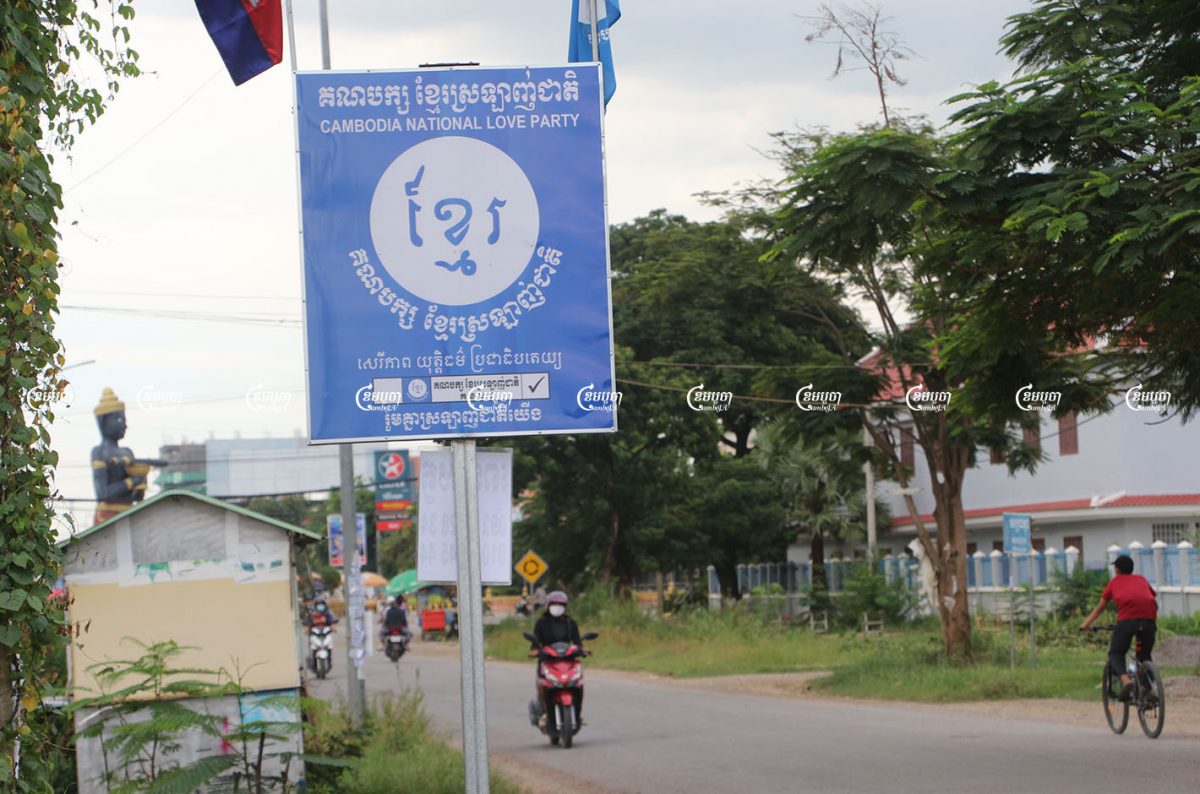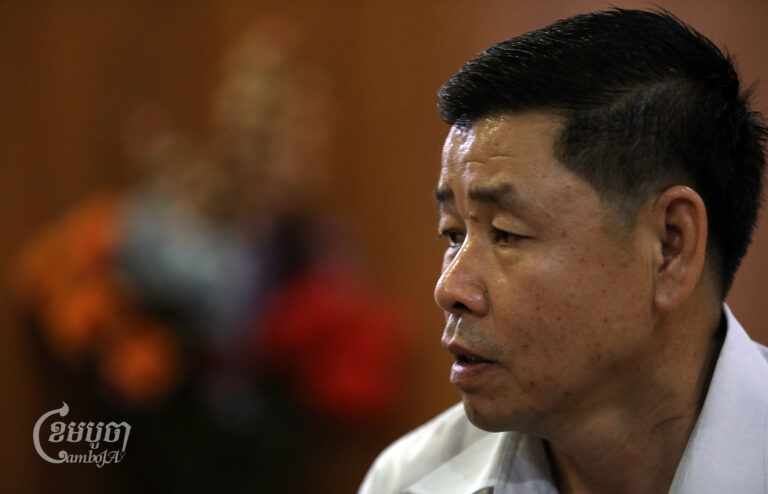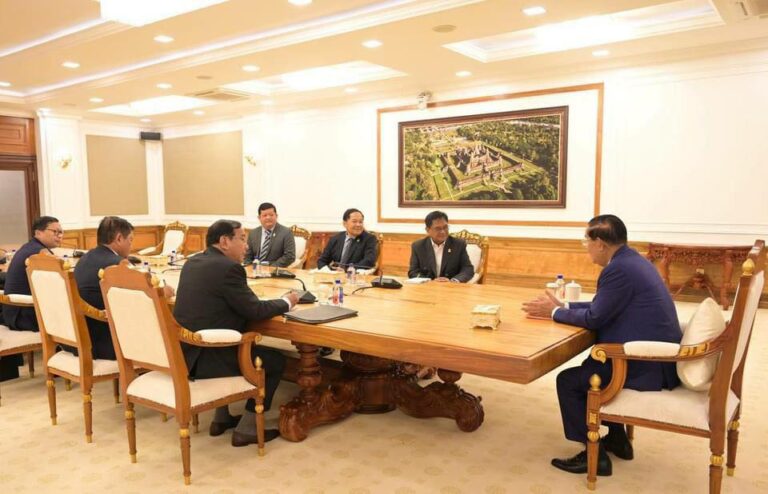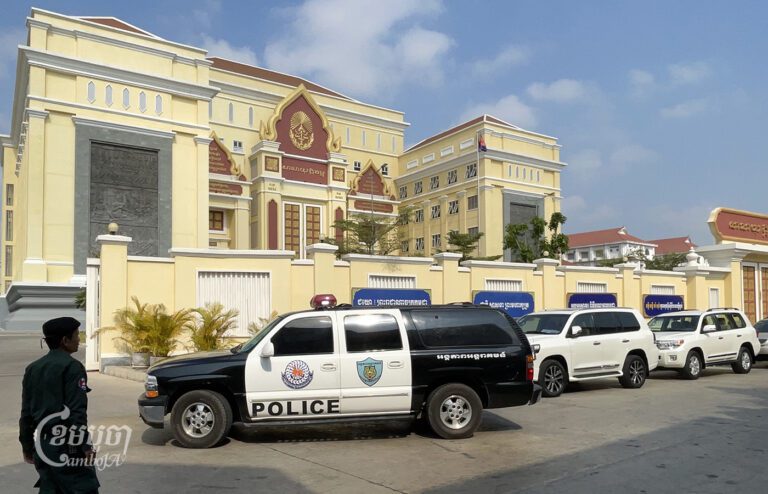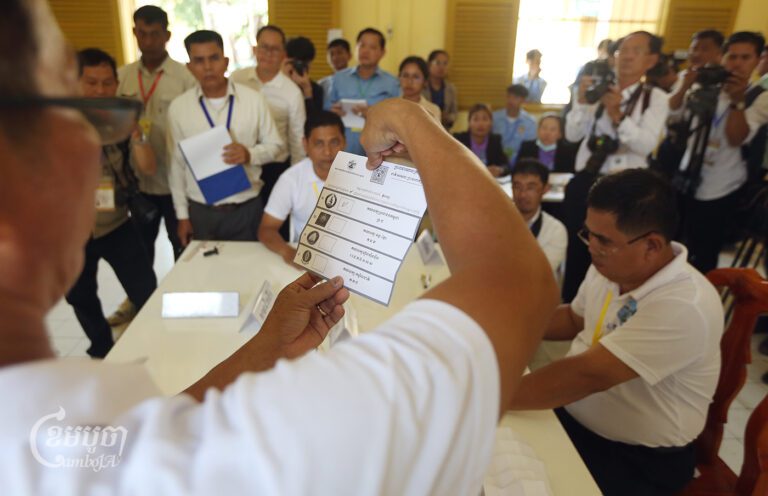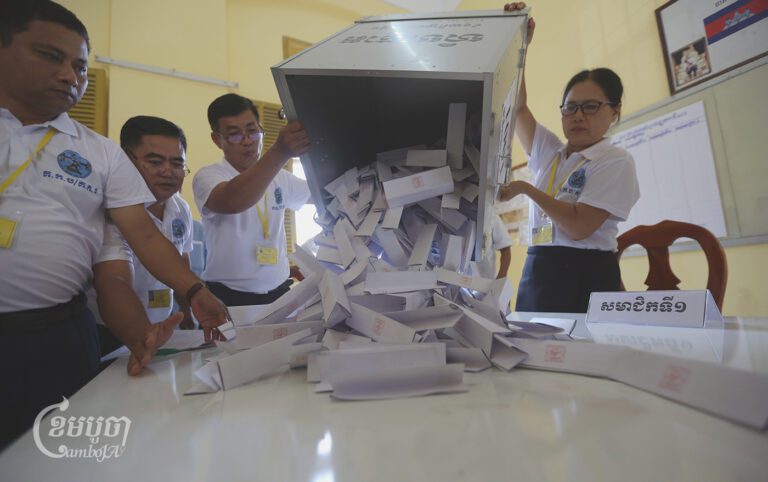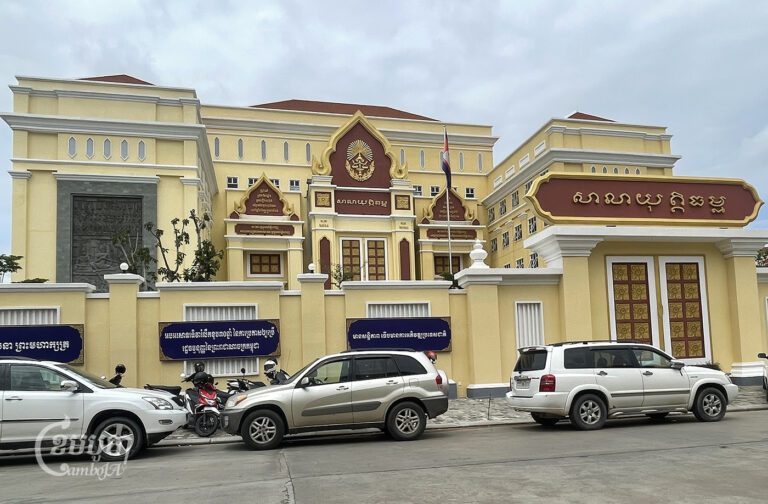A widening rift between former Cambodia National Rescue Party leaders and members that have split off to form their own parties threatens any chance of a united opposition front, analysts say.
In a statement issued Saturday, the former CNRP denied rumors that any of its top leaders “are involved in the establishment of any new party.”
On August 13, the Khmer United Party — which was founded in 2018 with the claimed aim of supporting the CNRP — issued a statement warning voters away from the CNRP splinter parties.
“Former CNRP lawmakers who have been reinstated for doing politics have established new parties to be bait or political traps to continue cheating people’s eyes during elections season 2022 and 2023,” it said.
Shortly after the 2017 commune elections saw significant gains by the CNRP, the party was dissolved by the Supreme Court, with scores of party members arrested on what are widely believed to be politically motivated charges. Its top leaders went into self-exile and more than 100 of its members were barred from political participation for five years.
In recent months, the Cambodian government has permitted “rehabilitation” for banned members, allowing them to join political parties ahead of the 2022 commune election. Thus far, six small parties have been started by former CNRP members.
The parties formed by former CNRP leaders now include Khmer Will, Cambodia Reform, Khmer Conservative, Cambodia National Love and Cambodia National Heart. The newest, the Kampuchea Niyum Party, was started in July by former lawmaker Yem Ponhearith, who was a senior CNRP official and still lives abroad.
These parties will presumably be on the ballot when Cambodian voters go to the commune council elections on June 5, 2022, and the general elections in July 2023.
Pa Chanroeun, president of the Cambodian Institute for Democracy, said that the dissolution of the CNRP and pressure from the ruling Cambodian People’s Party was causing internal conflict.
“More or less, the breaking up of former CNRP politicians has suffered from internal and external factors,” he said.
Chanroeun said that the CNRP statement denying involvement with political parties, likely means they are doing some sort of political activity of their own or plan to eventually join an alliance with other parties to contest the upcoming election.
“For me, it is too early to predict the success [of new parties] in contesting the upcoming election but it depends on the possibility of whether they can collect old forces and make political platforms attractive to the people,” he said.
But, Chanroeun noted, with more than 40 political parties already registered, it will be difficult for any opposition party to pull ahead.
Created in June, the Cambodia National Heart Party was one of the parties rumored to be backed by former senior officials. Founder Siem Pluk denied the allegations, saying he had started it on his own and without consultation.
“Creating a new party is the right of politicians,” he said.
Pluk said he had yet to officially register the party at the Interior Ministry due to technical issues, but that he is working on the structure and strategy.
“Usually, we always have the party’s structure and strategy, but we can’t reveal it and will wait until we operate,” Pluk said.
Former CNRP lawmaker, Yem Ponhearith, who founded Kampuchea Niyum Party, said via messenger that is preparing to register his political party with the Interior Minister.
He said that his party will be well structured, with a platform to support activists and leaders in preparing to contest the commune council election 2022, but he declined to comment further.
Sam Kuntheamy, executive director at Neutral and Impartial Committee for Free and Fair Election in Cambodia (NICFEC), viewed the splintering of CNRP as evidence of the CPP’s success in dividing the party.
“We have seen the breaking up following more people creating new political parties, but we don’t know their strategy deeply,” he said.
“There are some people who have requested to lift the political ban, but the government refused, so it is a strategy of [CPP],”. Kuntheamy said.
“It has seemed a bias for all former CNRP that some people were reinstated their political rights and some were denied,” he said.
He said that the newly established political parties, though numerous, lack strategy, popularity, and strong platforms, and have little chance of challenging the ruling CPP in the commune elections.
“To be honest, people do not know those people [new party leaders] like Kem Sokha and Sam Rainsy,” he said.
“It is just a form of creating a party but there is no quality of receiving ballots to gain commune council seats,” Kuntheamy said.
Sok Eysan, spokesmen for ruling CPP, denied that CPP has interfered to break them up, noting that the CNRP has long faced internal divisions.
“It is their internal issue of breaking up, not to get involved with the government,” he said.
Kuch Ly, president of Khmer United Party, could not be reached for comment and the party’s honorary board director Kem Rithysith, said he is no longer involved.
“I have no comment even if the president himself released many statements previously he never ever discussed with me, so I have no right because I already resigned,” he said.
Former CNRP vice president Eng Chhai Eang declined to comment, and former CNRP vice president Mu Sochua could not be reached for comment. (Additional reporting by Sam Sopich)


